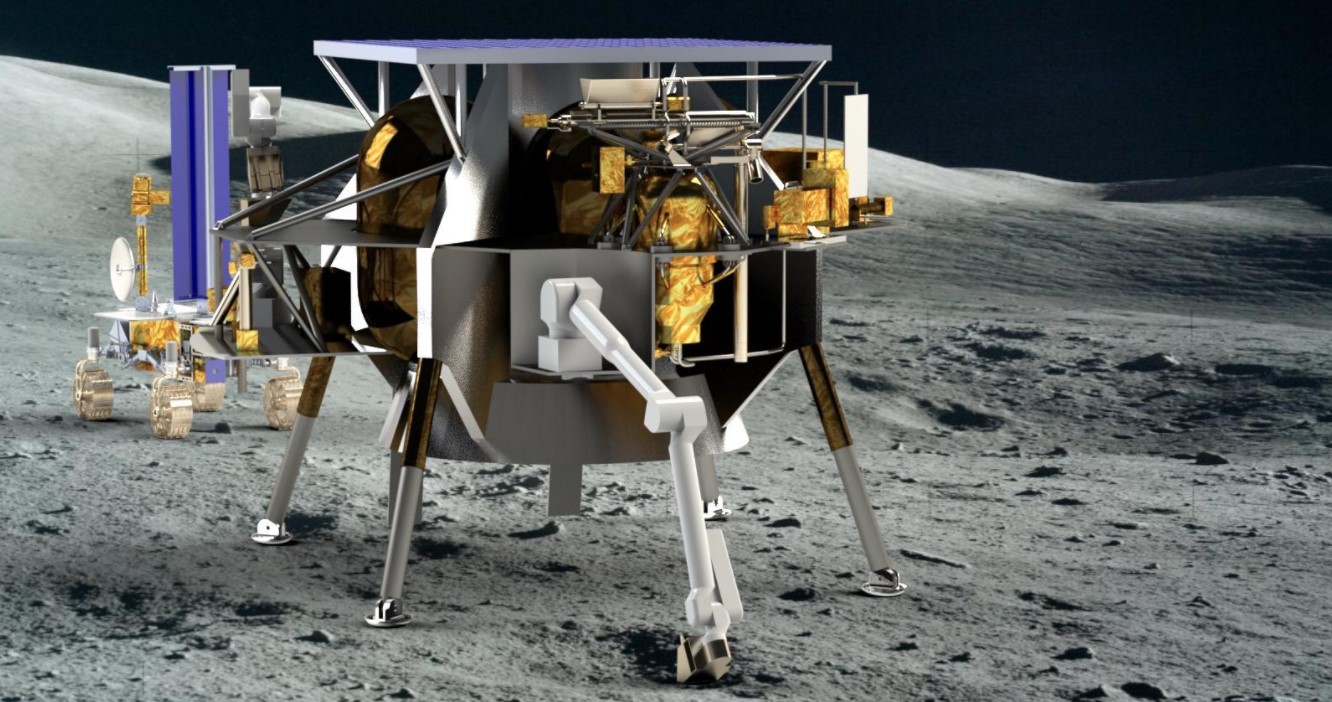ESA awards contract to Space Applications Services to deliver systems and optimise operations for producing oxygen from Lunar soil through the FFC process.
-
Space Applications Services has been awarded by the European Space Agency a contract to develop and deliver a set of 3 reactors to produce oxygen from lunar soil through the FFC process and optimise the process for Lunar applications.
The FFC process has been developed for more than 30 years for Earth applications. In its space version, Lunar materials of any composition, can be fed into a bath of molten calcium chloride to form a cathode. The process uses an electrolytic cell where a potential is applied across the cell, which is sufficiently high to decompose the cathode (lunar regolith), directly evolving pure oxygen at the anode that can be used for crew life support or for production of propellant on the Moon, while obtaining useful metal at the cathode with potential future manufacturing applications.
Space Applications, as part of this contract, known as “ISRULAB”, will lead 8 European companies and R&D institutes in a consortium that will design, develop the FFC systems and, finally, integrate them and optimise the process at the new European Space Resources Innovation Centre (ESRIC) in Luxembourg. ESRIC, launched in November 2020, is set to become the internationally recognised centre of expertise for scientific, technical, business and economic aspects related to the use of space resources.
ISRULAB follows extensive work by Space Applications in ISRU and exploration systems where recently, the company has completed, as prime contractor, a contract to design a Phase-A Lunar Payload to demonstrate the extraction of Oxygen from Lunar soil with two different chemical processes: FFC Cambridge and the Hydrogen Reduction of ilmenite, for the ESA In Situ Resource Utilisation Demonstration Mission. This work has been done in parallel with the development of a laboratory demonstrator of Hydrogen Reduction of Ilmenite. The new FFC system will be used to develop the technology and generate the additional process knowledge required to inform the mission.
Today spacecraft must carry all the oxygen they need, for propulsion or life support, from Earth for the entire mission. Enabling spacecraft to “fill up” in space with locally sourced resources, such as oxygen, will play a key role in the exploration of the solar system over the next decades. The ability to extract oxygen from the lunar surface will enable the sustainability of these exploration efforts. The ISRU Demonstration Mission will show for the first time an end-to-end extraction process in a manner representative of a scaled production.
Space Applications aims to establish a commercially viable lunar plant delivering oxygen. “ISRULAB” is a major step to optimise the technology and enable future scale up to commercial volumes.
Contact person:diego.urbina@spaceapplications.com
